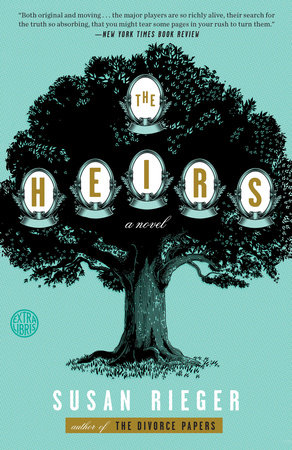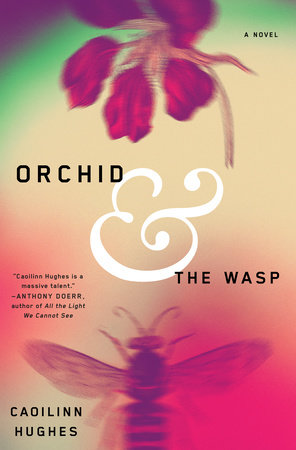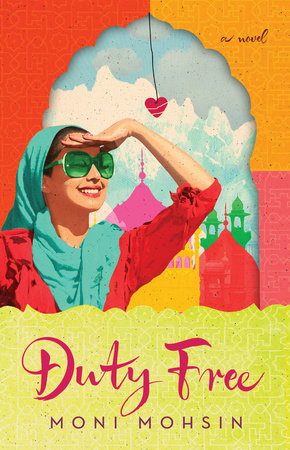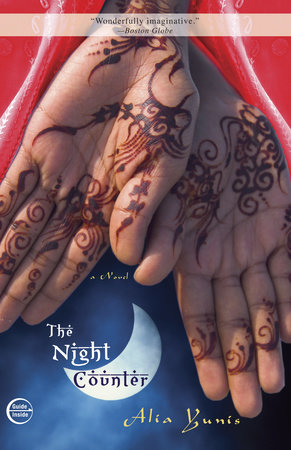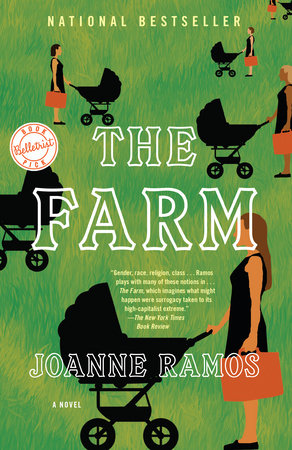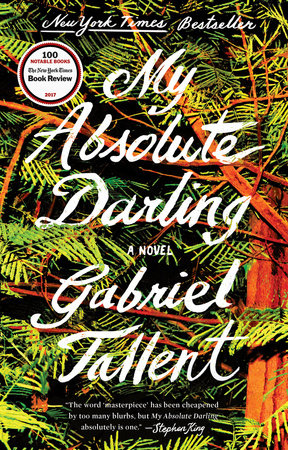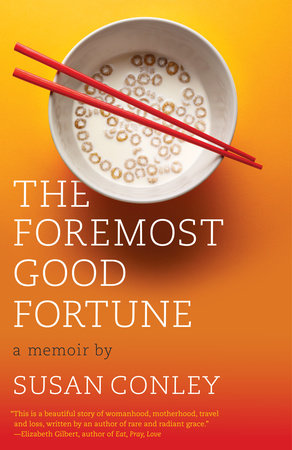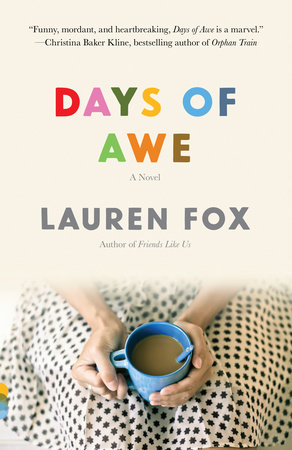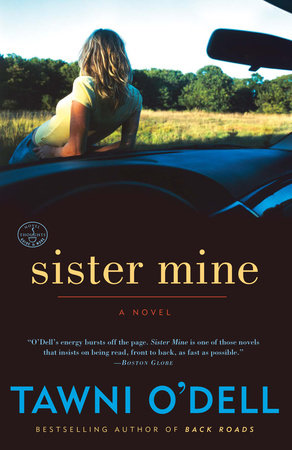A Conversation with Susan Rieger,
Author of The Heirs: A Novel
(Crown; On sale May 23, 2017)
Q) Your debut novel, The Divorce Papers, was a modern-day epistolary work that told the story of a hilariously contentious divorce entirely through e-mails, confessional letters, brisk memoranda, newspaper articles, interviews, cases, etc. Your new novel, The Heirs, is a more traditional novel. Why the shift in format?
A) I had written a short story and my editor at Crown, Lindsay Sagnette, asked me if I might think of turning it into a novel. So I did. I think it’s a good idea to try new things, especially as we get older. Keep those neurons firing. “Newness is goodness,” as Orwell writes (a bit ominously).
Q) In The Heirs, you wrestle with the nature of family, inheritance, and legacy as it affects an unforgettable, upper-crust Manhattan clan. What was the inspiration for the novel?
A) I kept reading about DNA testing that showed that something like 25 percent of those tested weren’t the children of the men they thought were their fathers. In the original short story, there was an intimation that the Falkes boys weren’t their father’s sons. I was thinking rich-poor mix-up, The Prince and the Pauper or Pudd’nhead Wilson or Midnight’s Children. It was Shakespeare turned on his head: “It’s a wise child who knows his own father.”
Q) There are a lot of secrets in The Heirs, many of them the reader is not let in on. Did you make a conscious decision to hold certain pieces of information back? If so, why?
A) I did withhold deliberately. All parents have secrets and their children want to know them. My parents had secrets, some I learned and some no doubt I didn’t. Children come to the family story late; by the time they’re born, their parents are grown-ups, with lived lives. In my experience, most parents prefer to keep their children in the dark. I don’t think children ever see their parents in the round, and, even if they learned the secrets, I don’t think they could see them whole. Parents are like the Greek Gods, powerful and inscrutable.
Q) The Heirs is filled with richly developed characters. Was there one character that you had more fun writing than the others? If so, why? Did you relate to any of them personally?
A) I love them all, of course, as any mother would, but I don’t relate personally to them. I conjured their world, their lives, their experiences. I was in analysis for ten years; my own life is too boring to me to write about. I had fun writing about Eleanor—I wish I were more like her. And I had fun writing about Vera—I hope I’m not like her. And then there’s Sam, who has a special place in my heart.
Q) The novel is almost exclusively set in New York City, which is a character in and of itself. Can you tell us a bit about why you chose New York as the setting?
A) I was born in New York City and then exiled, first, briefly, to California, then to Pennsylvania, where most of my growing up took place. After college, I moved to New York and lived there fifteen years until I was again exiled, first to Western Massachusetts, then to New Haven. When I returned to New York in the new millennium, I swore I’d never leave again. It’s my city, the only place I ever wanted to live. It’s open all night; it has every kind of person; it is rude and generous; it’s exhausting and exhilarating. Also, I don’t care much for nature. True.
Q) The Heirs jumps back and forth in time, allowing readers to slowly unravel the characters’ relationships and their pasts. Was this intentional when you set out to write the novel, or did it come about the more you got into the heart of the book?
A) I think chronological story telling is useful and admirable, but I don’t think I’m capable of telling a story in a straightforward manner. My mind is associative (all those years of analysis) and the associations interest me. My first novel, The Divorce Papers, also jumped around. Epistolary novels by their nature are jumpers. I go with Emily Dickinson: “Tell all the truth but tell it slant— / Success in Circuit lies.”
Q) What are you working on next?
A) I’m perhaps a third of the way through a second Sophie Diehl epistolary novel, called for now The End Papers. It’s about a family (really, my only subject). An old man must make a will. One of his three children, the center of the book, is manic-depressive, a stellar spendthrift with a history of not taking her meds. The book tells the story of this family, jumping between past and present, and how the old man finally decides to settle his estate. I also have scribblings on a second non-epistolary novel called The Original Husband, but it’s too slight, too undeveloped, at this point to talk about. Beyond that, I’m thinking of a third epistolary novel, The Baby Papers. Keep moving.
